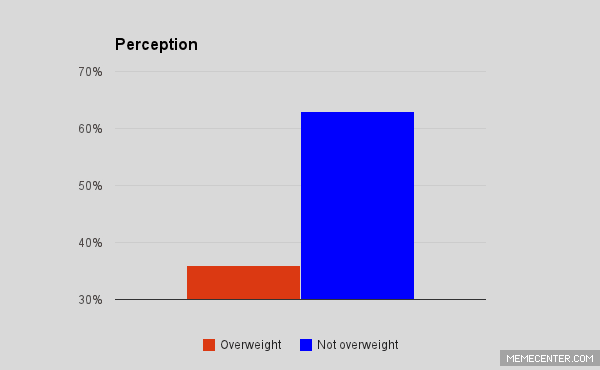NEW YORK—A new pilot project by the Department of Education and Small Business Services is meant to increase New Yorkers’ access to a GED (General Educational Development) and further employment opportunities. The project, called Bridge to Tomorrow, will connect people who come to the city-sponsored Workforce 1 Career Centers without a high school diploma to receive GED testing and preparation courses.
In today’s economy it is hard to find a job even with multiple doctoral degrees. Without a high school diploma it is almost impossible, said City Council Speaker Christine Quinn, at a press conference on Tuesday at the Workforce 1 Center in Harlem.
As part of the pilot, people who come to Workforce 1 will be asked if they have a high school diploma, something that was not asked until now. If the client wants to get a GED, he or she will take a practice test.
If the client passes the practice test, they will be able to take the next scheduled GED exam. If the test taker is just under par, they will go to a six-week-long preparation course. If the clients need more preparation, they will be referred to borough liaisons that will consult on educational options and make referrals to other programs.
In 2009, about 160,000 people used the services of Workforce 1 Centers, 27,000 did not have a high school diploma or a GED. Throughout New York City, 1.6 million adults do not have a high school diploma or a GED, said Quinn on Tuesday.
New York City is infamous for having the highest failure rate on the GED, added Quinn.
Cami Anderson, superintendent of Alternative High Schools and Programs for New York City Department of Education, said that this pilot project is an effective way to ensure that New Yorkers get better access to education.
Through the program “all students can get the competence needed to excel in the GED,” she said, adding that cooperation between agencies is key in making this pilot efficient.
The project has been allocated $2.25 million in the city budget. The fact that this program manages to operate on such a low budget is due mainly to cooperation between agencies, and the leveraging of existing infrastructure, said Anderson.
Councilman Robert Jackson, chairman of the education committee, said that Speaker Quinn deserves a lot of credit and thanks for prioritizing adult education and GED. “This is a program that gives people a chance to uplift themselves through education,” he said.
In today’s economy it is hard to find a job even with multiple doctoral degrees. Without a high school diploma it is almost impossible, said City Council Speaker Christine Quinn, at a press conference on Tuesday at the Workforce 1 Center in Harlem.
As part of the pilot, people who come to Workforce 1 will be asked if they have a high school diploma, something that was not asked until now. If the client wants to get a GED, he or she will take a practice test.
If the client passes the practice test, they will be able to take the next scheduled GED exam. If the test taker is just under par, they will go to a six-week-long preparation course. If the clients need more preparation, they will be referred to borough liaisons that will consult on educational options and make referrals to other programs.
In 2009, about 160,000 people used the services of Workforce 1 Centers, 27,000 did not have a high school diploma or a GED. Throughout New York City, 1.6 million adults do not have a high school diploma or a GED, said Quinn on Tuesday.
New York City is infamous for having the highest failure rate on the GED, added Quinn.
Cami Anderson, superintendent of Alternative High Schools and Programs for New York City Department of Education, said that this pilot project is an effective way to ensure that New Yorkers get better access to education.
Through the program “all students can get the competence needed to excel in the GED,” she said, adding that cooperation between agencies is key in making this pilot efficient.
The project has been allocated $2.25 million in the city budget. The fact that this program manages to operate on such a low budget is due mainly to cooperation between agencies, and the leveraging of existing infrastructure, said Anderson.
Councilman Robert Jackson, chairman of the education committee, said that Speaker Quinn deserves a lot of credit and thanks for prioritizing adult education and GED. “This is a program that gives people a chance to uplift themselves through education,” he said.



